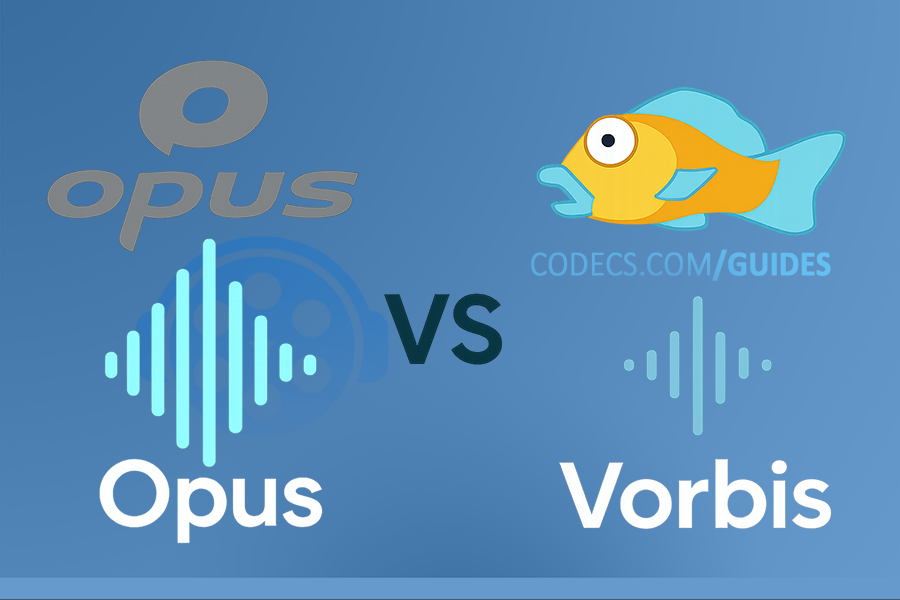Quick Answer: Opus is better than Vorbis in most cases. Opus is the successor to Vorbis, offering superior quality at lower bitrates and significantly lower latency, making it the recommended choice for new projects.
The Clear Winner: Opus
Opus consistently outperforms Vorbis in listening tests, especially at 64-96 kbps, showing superior quality compared to other codecs including Vorbis.
Here's why Opus takes the lead:
Superior Performance
- Ultra-low latency of 26.5ms (can go as low as 5ms) compared to Vorbis's much higher latency.
- Better audio quality at lower bitrates (6-510 kbps range).
- Combines speech-oriented SILK and music-oriented CELT algorithms for optimal results.
Modern Applications
- Widely used in VoIP applications like Discord, WhatsApp, and PlayStation 4.
- Perfect for real-time communication and streaming.
- Native support in modern browsers and Android/iOS devices.
When Vorbis Still Makes Sense
Vorbis remains viable for specific use cases, particularly in gaming where it's supported by over 3,200 games:
- Legacy system compatibility.
- Music streaming at higher bitrates where both codecs reach transparency.
- Projects requiring proven stability (Vorbis has been stable since 2002).
Technical Specifications Comparison
Opus Advantages:
- Bitrate range: 6-510 kbps.
- Supports sampling rates up to 48 kHz with adaptive bandwidth.
- Dynamic bitrate adjustment without quality disruption.
Vorbis Specifications:
- Bitrate range: 16-500 kbps, supports 1-255 channels.
- Handles 8kHz-48kHz sampling rates.
- Transparency typically reached at 150-170 kbps.
Since 2013, the Xiph.Org Foundation officially recommends using Opus over Vorbis for new applications.
Choose Opus for real-time applications, streaming, and modern projects.
Only consider Vorbis for legacy compatibility or when working with existing Vorbis-based systems.
→ Download Ogg Vorbis | Download Opus Codec











Forget Windows 11 - Linux Mint 22.3 Just Chan...
@Scott I feel you, both my PC and laptop stopped working too. I ended up installing Ubuntu just to ...
Read More →How to Download HEVC Video Extension for Free
First I tried extension from manufacturer link in directly from app, but install button was grayed out. then I ...
Read More →Don't Open .xmpeg Files Before Reading This
A downloaded torrent contained a large xmpeg file. In addition there was an mp4 video file which claimed you ...
Read More →